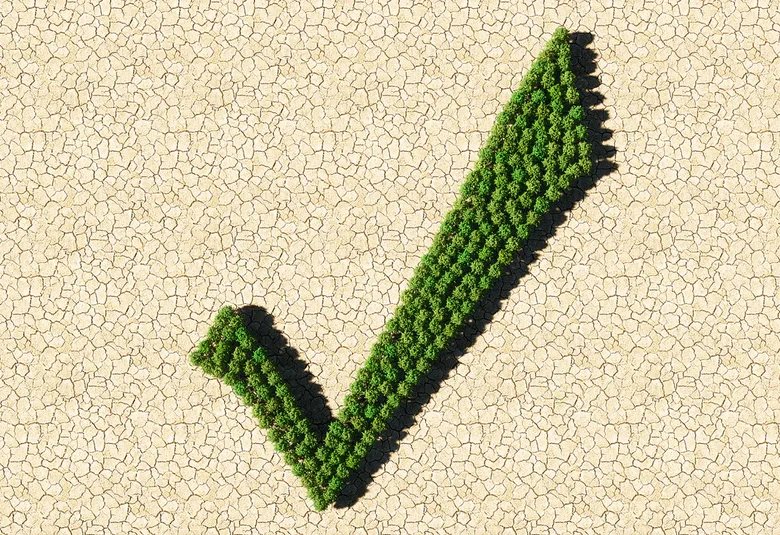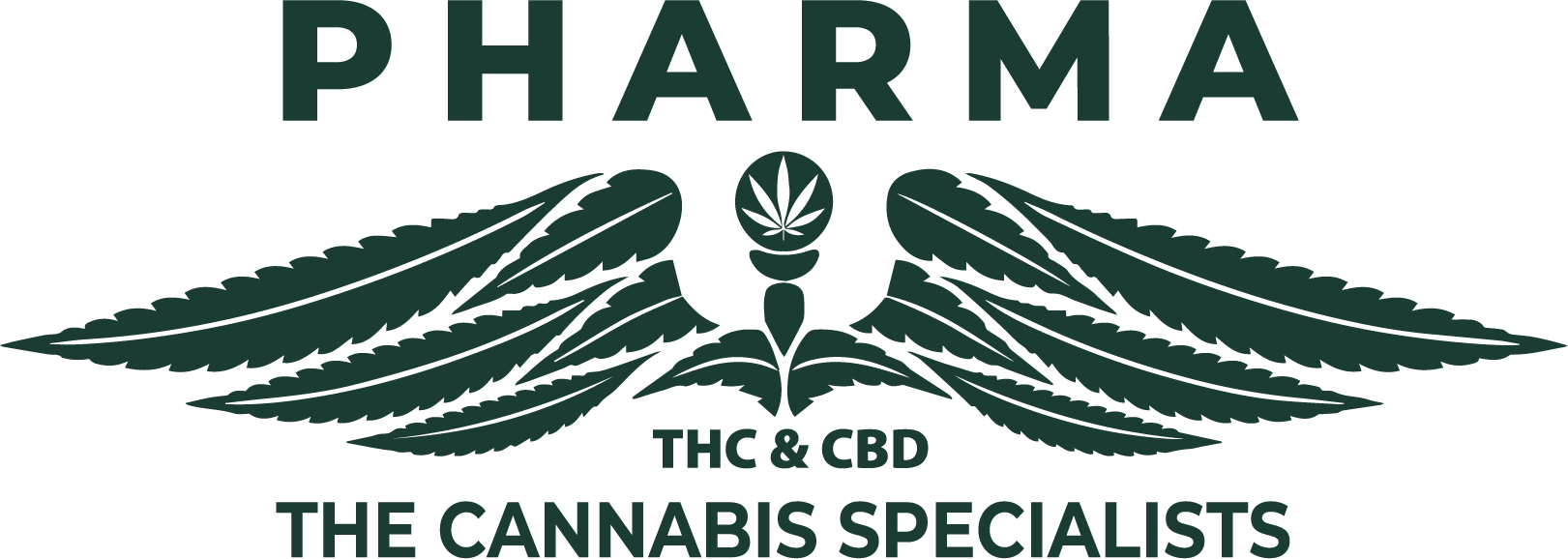How Do Climate and Soil Affect the Quality of Hemp?

When you look at it objectively, hemp may be one of the most versatile plants on the planet. Archeological evidence reveals that the hemp plant has been used to make paper, textiles, and even fuel from as far back as 10,000 years ago.
Recently, the demand for CBD has skyrocketed. And the need for organically grown hemp from which to extract CBD oil has grown right alongside it. The good news is that hemp is a very sturdy plant that is easy to grow in most climates and soil types. The bad news is, just like any other plant, climate and soil affect the quality of the hemp.
Climate
Although hemp is adaptable to most climates, temperature and other factors play an essential part in how well it grows and the final harvest quality.
Temperature
Although hemp germinates well when the soil temperature is at least 50°F, the optimum temperature is 95°F. Young hemp plants can survive frost. But a frost will cause hemp plants to stop growing afterward, even if it is followed by warm weather. This stunted growth will affect the yield of the final harvest. In contrast, extreme heat can be deadly to young plants and cause stress adult plants, resulting in an inferior flower. The optimum temperature to produce the highest quality hemp with the greatest flowering yield is between 61°F at night and 80°F during the day.
Water
Although hemp requires about half the amount of water of other fiber crops (like cotton), it does require at least 20 to 30 inches of rainfall for optimal growth. Irrigation is important in fields growing hemp. Excess standing water can ruin a crop within two days, and lingering water or too much rainfall can cause mold. This mold tends to be found in much of the hemp that is imported into the United States.
Daylight
Hemp plants flower at night. For plants to flower, they must be grown in an area where they get at least 12 hours of complete darkness per day. If the plant receives less darkness, it may further stress the crop and reduce the yield quality.
Soil
The final hemp plant’s quality depends largely on the soil’s properties in which it is grown; this is because hemp is considered a “cover crop.” Cover crops enrich the soil they are planted in. The result is that the crops subsequently planted in the same field have a higher yield than normal. One study showed that a field of wheat grown in the same field where a crop of hemp was previously harvested yielded 10% to 20% more than normal.
Hemp enriches the soil in a couple of ways. First, when its leaves and flowers fall to the ground, they provide vital nutrients to the soil. Hemp also enriches the soil grown in by removing pesticides, toxins, and heavy metals from the ground. The plant is remarkable in its ability to cleanse the ground that hemp crops were planted around the Chernobyl reactor site in Ukraine after the 1986 nuclear meltdown to revitalize the soil.
The United States Department of Agriculture (USDA)
The USDA oversees all hemp that is produced in the United States. This agency enforces strict regulations about how hemp is grown. These regulations protect the American public because they restrict the use of pesticides and other chemicals. If these chemicals were not prohibited, the hemp plants would absorb much of these toxins. And if the plants absorb toxic chemicals and pesticides, whatever is made from the plant contains these contaminants; this results in hemp products that can be harmful to any consumer’s health who is unfortunate enough to innocently ingest them. Therefore, it is highly preferable to obtain hemp products grown in the United States soil, as they are free of any such contaminants. The USDA also oversees hemp harvests’ testing to ensure that the hemp does not carry more than .3% Delta-9 THC by weight; this ensures that the crop is federally legal under the 2018 Farm Bill.
Another item outlined in the regulations outlined in the 2018 Farm Bill is the specifics regarding the amount of Delta-9 tetrahydrocannabinol (THC) found in the final CBD product to remain legal on a federal level. However, another helpful cannabinoid, Delta-8 THC, is currently legal under the Farm Bill, regardless of the quantity. Users have found that Delta-8 THC carries many of the benefits of its sister cannabinoid, Delta-9 THC, with slightly different psychoactive effects.
At PharmaCBD, We Use Only the Best Hemp Available
One of the many things that set PharmaCBD apart from our competitors is our insistence on quality. That standard of excellence begins with the hemp quality we use to create our entire line of premium holistic wellness products.
Whether you are in the market for a THC vape product like our D8 1ML Vape Cartridge or are looking for a full-spectrum CBD Tincture, you can be assured that each of our products is pure. We ensure that they only contain phytocannabinoid-rich hemp oil extracted from hemp grown right here in the United States.
Many of our competitors cut costs by importing hemp from other countries that may not have the same strict farming standards under which US hemp is grown. 70% of the hemp used to create their CBD and other cannabinoid products is imported from China. Because of the hemp plant’s need for optimal climate conditions and its ability to pull toxins from the soil, the resulting product from imported hemp plants is inferior. It may contain molds, toxins, and heavy metals.
Always trust your CBD and Delta-8 THC needs to a premium retailer like PharmaCBD. You can shop our extensive online inventory at any time. And if you have a question about our items or CBD or Delta-8 THC in general, we invite you to use our convenient online form.
We look forward to serving your wellness needs today!


